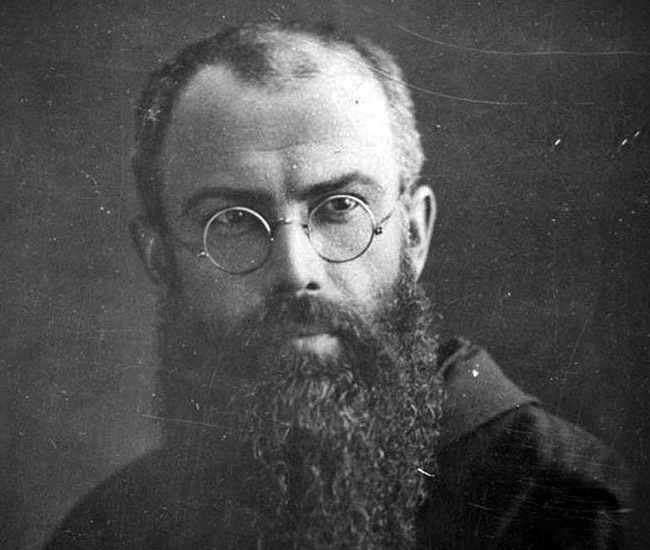Indifference, is at the heart of human suffering. It’s a lack of concern or a refusal to act in the face of injustice. Full Article
Elie Wiesel, a Holocaust survivor and Nobel prize-winning peace activist, wrote that “The opposite of love is not hate, it’s indifference. The opposite of art is not ugliness,

He was a true “apostle of the mass media.” To better “win the world for the Immaculata,” the friars utilized the most modern printing and administrative techniques.
it’s indifference. The opposite of faith is not heresy, it’s indifference. And the opposite of life is not death, it’s indifference.”
Indifference, a lack of concern or a refusal to act in the face of injustice, is at the heart of human suffering. With this in mind, St. Maximilian Kolbe (who was executed by the Nazis on August 14, 1941, after offering his own life to save another condemned prisoner) described indifference as “the most deadly poison of our times.”
In most cases our indifference is born of comfort or complacency and a sense that “I shouldn’t get involved” or “it isn’t my business.” Sadly, we can all-too-easily recognize how these attitudes allow injustice, abuse, and neglect to continue and increase in too many places in the world today.
However tempting it might be to pretend otherwise, there are things worth living for, suffering for and even dying for. This is why the question of Cuban poet José Marti — “When others are weeping blood, what right do I have to weep tears?” — calls us to an even more essential question: “What is the value of a life that is lived without anything worth dying for?”

